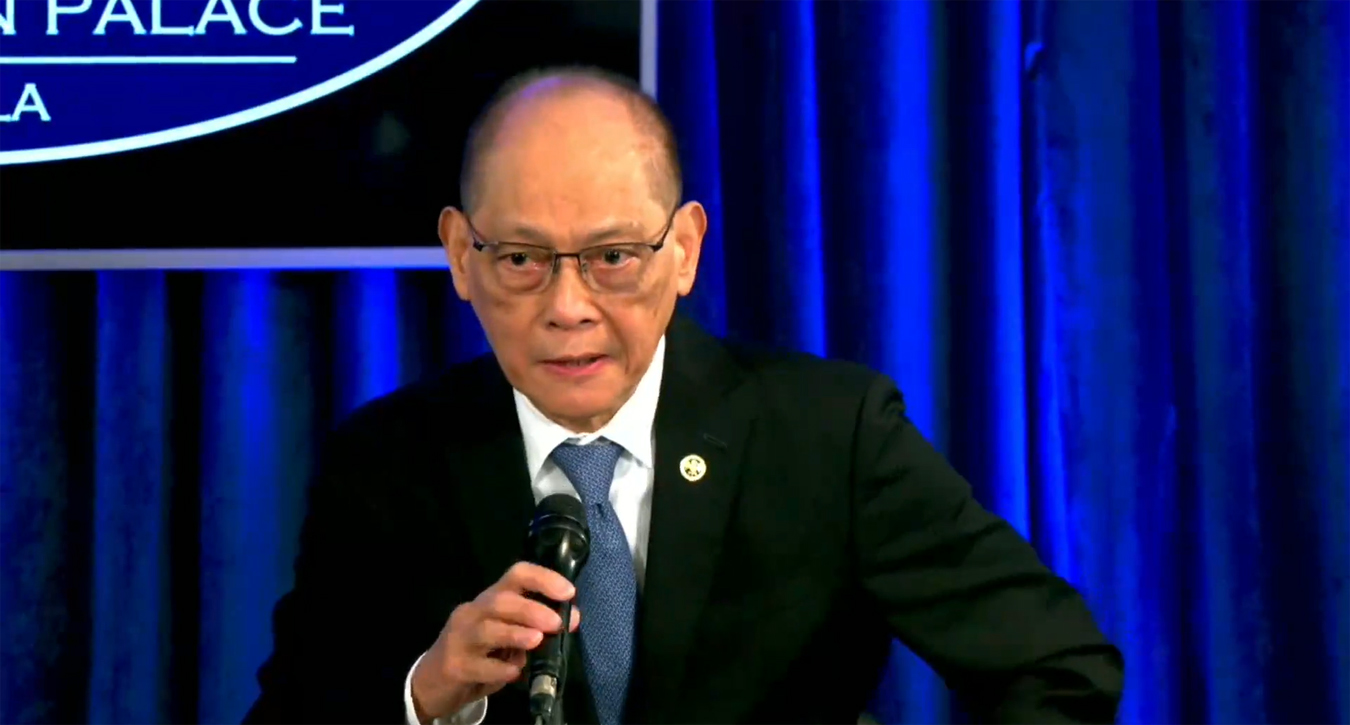
The administration of President Ferdinand R. Marcos Jr. has welcomed the drop in the country’s inflation, from 8.7 percent in January to 8.6 percent in February, which it said was already on a downward trajectory.
Reporting on the February slowdown, the Philippine Statistics Authority (PSA) said it was attributed mainly to slower price increases in the transport commodity group, recording a 9-percent inflation rate which was down from 11.1 percent in January.
“Ibig sabihin nito, nag-level up na, baka slide pababa, and that we forecast that maybe by around October, it will go down to 4 percent, 2 to 4 percent level na ini-expect ng BSP [Bangko Sentral ng Pilipinas],” Finance Secretary Benjamin Diokno said in a press briefing in Malacañang.
“In fact, iyong inflation for February, ang forecast ng BSP is 8.5 to 9.3. They forecasted that last week. So the actual inflation number is nearer the end to lower end of the forecast. So that’s good news,” Diokno added.
The Department of Finance chief said they made a comprehensive report to the President on Tuesday and told him about the sources of inflation with food items like vegetables, meat, sugar and fish, among the major items with high prices.
To tackle inflation, a whole-of-government approach is needed, Diokno said, noting the BSP is doing its role, and in fact, labeling it as one of the most aggressive in the world in terms of adjusting the policy rate.
Interest rate set by the BSP is now at 6 percent, the finance chief said.
Currently, the pressure is on the fiscal side and the government has to focus its attention on stabilizing the prices of basic commodities, which will involve carrying out both short-term and long-term measures.
“For example, doon sa tinatawag naming supply chain, pinag-usapan namin iyong farm production – anong gagawin sa production and then kung kailangang mag-import because there is a deficit, and then what we’ll do post-harvest, warehousing, distribution and then transport of goods,” Diokno said.
“Kailangan tayo mag-angkat ng fertilizers sa mga ibang bansa kasi kailangan natin iyon for agricultural production. So we have right now, we can import from Saudi Arabia and China,” the DOF secretary said.
The administration has to focus on agricultural production and productivity, as programs under this year’s budget allocation gears toward improving agricultural production, Dioko said.
Also part of the DOF’s recommendation to President Marcos is fast-tracking government processing on clearances for agricultural goods, which Diokno said entails digitalizing the customs processing.
The removal of the required authority to release imported goods or ATRIG was also raised to the President in order to speed up the release of food imports from the customs.
An Inter-Agency Committee on Inflation and Market Outlook will also be established to serve as an early warning system on supply situations.
“This will be a permanent committee. And trabaho nito ay, iyon na nga, to come up with the demand and supply situation, and we will report to the President on a monthly basis kung ano ang sitwasyon – kung kailangang mag-angkat, mag-aangkat tayo,” Diokno said.
“So hindi na ad hoc iyong decision to import kung kailangan mag-import,” he said. (PND)

